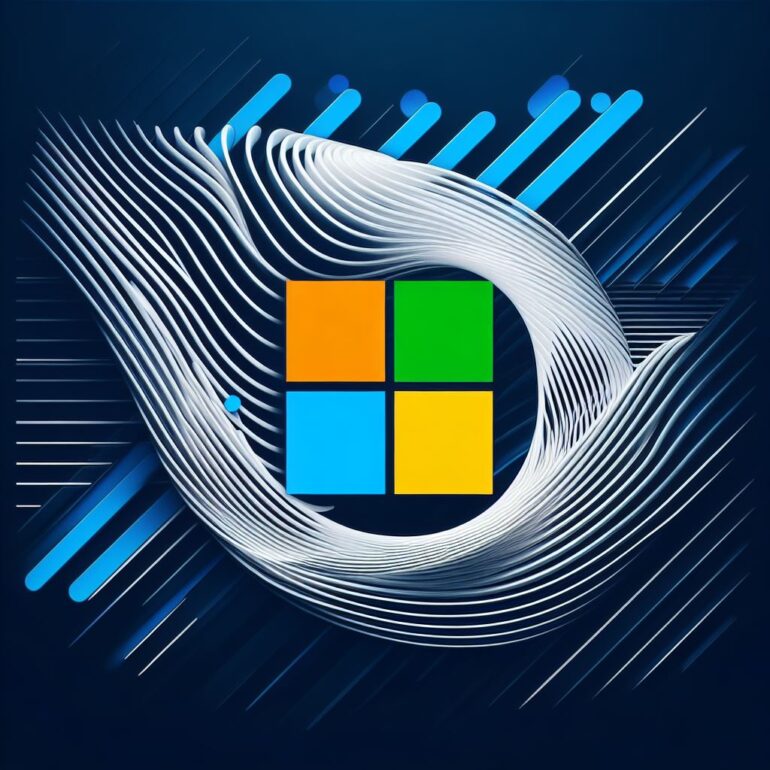TL;DR:
- Microsoft’s PowerShell team eyes AI integration, aiming for enhanced productivity beyond natural language interactions.
- Initiatives like “Automate Text Summarization with OpenAI and PowerShell” and community-driven projects signal the community’s interest in AI-driven enhancements.
- Scott Hanselman advocates for PowerShell within the Copilot framework, highlighting the need for tailored AI support.
- 2024 plans include pseudo-terminal support and streamlined platform compatibility testing for PowerShell and OpenSSH.
- The PowerShell team emphasizes automation and community engagement across various projects, ensuring a holistic ecosystem.
Main AI News:
Microsoft’s PowerShell has long been a stalwart in the software suite, renowned for its command-line prowess. However, amidst the proliferation of AI assistants across Microsoft’s ecosystem, PowerShell stands as a notable exception. This year, though, promises a potential shift, with murmurs within the dev team hinting at the integration of an AI assistant akin to Copilot.
Steve Lee, from the PowerShell team, hinted at this evolution, emphasizing a vision that extends beyond mere natural language interactions. “Intelligence in the shell,” as Lee terms it, suggests a deeper fusion of learning mechanisms within the PowerShell environment. While specifics remain undisclosed, the prospect tantalizes users with the promise of enhanced workflows and efficiency.
Microsoft’s broader embrace of AI, exemplified by Copilot’s pervasive presence, underscores the timeliness of such an integration. Efforts to synergize PowerShell with AI have already emerged, evidenced by initiatives like “Automate Text Summarization with OpenAI and PowerShell” and community-driven projects such as PowerShellAI on GitHub.
Scott Hanselman’s advocacy for PowerShell within the Copilot framework further underscores the community’s appetite for this integration. Yet, as Hanselman acknowledges, there’s room for refinement, urging the CLI team to prioritize PowerShell’s needs.
In parallel, the PowerShell team embarks on its AI journey, prioritizing enhancements to interactivity and productivity. Lee underscores a multifaceted approach, balancing AI integration with refinements that enhance the user experience sans large language models.
Looking ahead, 2024 heralds a slew of enhancements across PowerShell and OpenSSH. Pseudo-terminal support, aimed at augmenting command output capture, reflects the team’s commitment to seamless integration with native functionalities.
Platform support remains paramount, with a concerted effort to streamline testing processes and expand compatibility. Automation emerges as a linchpin, facilitating platform lifecycle tracking and documentation upkeep.
Beyond infrastructure, the team’s purview extends to artifact management and community engagement. Projects like the VSCode extension and PSScriptAnalyzer module receive due attention, underlining a holistic approach to PowerShell’s ecosystem.
As the year unfolds, anticipation mounts for PowerShell’s metamorphosis, transcending traditional paradigms to embrace AI-driven evolution. Stay tuned as Microsoft’s PowerShell journey ventures “beyond natural language chat” toward a future of boundless learning opportunities.
Conclusion:
The integration of AI into PowerShell signifies a strategic move by Microsoft to bolster its position in the command-line interface market. By addressing user demand for enhanced productivity and workflow automation, PowerShell’s evolution toward AI-driven capabilities aligns with industry trends toward smarter, more intuitive software solutions. This shift not only enhances Microsoft’s competitive edge but also underscores the growing importance of AI in shaping the future of developer tools and platforms.

